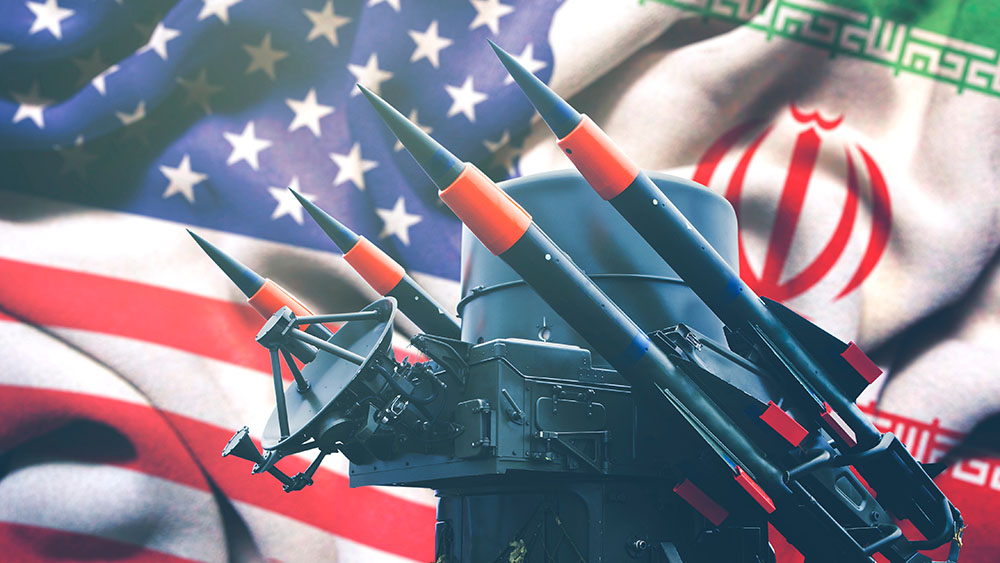© Brighteon.com All Rights Reserved. All content posted on this site is commentary or opinion and is protected under Free Speech. Brighteon is not responsible for comments and content uploaded by our users.
Top watch full episode go here ! - https://rumble.com/v42okp2-mike-in-the-night-e539-christmas-special-headline-news-next-weeks-news-toda.html
Countries may go to war for a variety of complex and interconnected reasons. It's important to note that each conflict is unique, and the motivations for war can vary widely. Here are some of the main reasons why countries historically have gone to war:
Territorial Disputes: Conflicts over land, borders, and territorial control have been common causes of war throughout history. Nations may dispute ownership of specific regions, leading to armed conflict.
Resource Competition: Competition for valuable resources, such as oil, water, minerals, or arable land, can be a driving factor in conflicts. Access to and control over these resources may lead to tensions and, in some cases, armed conflict.
National Security: Perceived threats to a nation's security, whether real or imagined, can prompt military action. Countries may go to war to defend their borders, prevent potential aggression, or respond to perceived threats from other nations.
Political Ideology and Regime Change: Differences in political ideologies, such as democracy versus authoritarianism, can contribute to tensions between nations. Regime change or the desire to spread a particular political system may be a motivation for war.
Economic Interests: Economic factors, including trade routes, access to markets, and economic dominance, can lead to conflicts. Nations may use military force to protect or expand their economic interests.
Nationalism: Intense nationalism, often fueled by historical grievances, can contribute to a desire for territorial expansion or a need to assert national identity. This can lead to conflicts with neighboring countries.
Religious and Ethnic Differences: Conflicts based on religious or ethnic differences have been significant drivers of war. Disputes over religious beliefs, ethnic identity, or minority rights can escalate into armed conflicts.
Alliance Systems: Countries may be drawn into conflicts due to pre-existing alliances. Defensive pacts and treaties can result in a domino effect where one nation's involvement draws in its allies.
Human Rights Violations: Instances of severe human rights abuses or genocide may lead the international community to intervene militarily in an attempt to protect civilian populations or address humanitarian concerns.
Failed Diplomacy: Breakdowns in diplomatic efforts to resolve conflicts peacefully can lead to an escalation of tensions and, ultimately, armed conflict.
It's essential to recognize that these factors are often intertwined, and the specific reasons for a war can be complex and multifaceted. Additionally, diplomatic efforts, conflict resolution, and international cooperation are crucial in preventing and resolving conflicts without resorting to war.
Territorial Disputes, Resource Competition, National Security,
Political Ideology, Regime Change, Economic Interests,
Nationalism, Economic Factors, Trade Routes, National Identity,
Religious Differences, Ethnic Conflicts, Alliance Systems,
Human Rights Violations, Genocide, Failed Diplomacy,
Armed Conflicts, War, International Cooperation, Diplomacy,
Military Alliances, Historical Grievances, Borders,
Water Rights, Mineral Resources, Arable Land, Democracy,
Authoritarianism, Political Systems, Economic Dominance,
Trade Wars, Access to Markets, Cultural Differences,
Technology Disputes, Cybersecurity Threats, Climate Change,
Global Health Crises, Pandemics, Space Exploration





